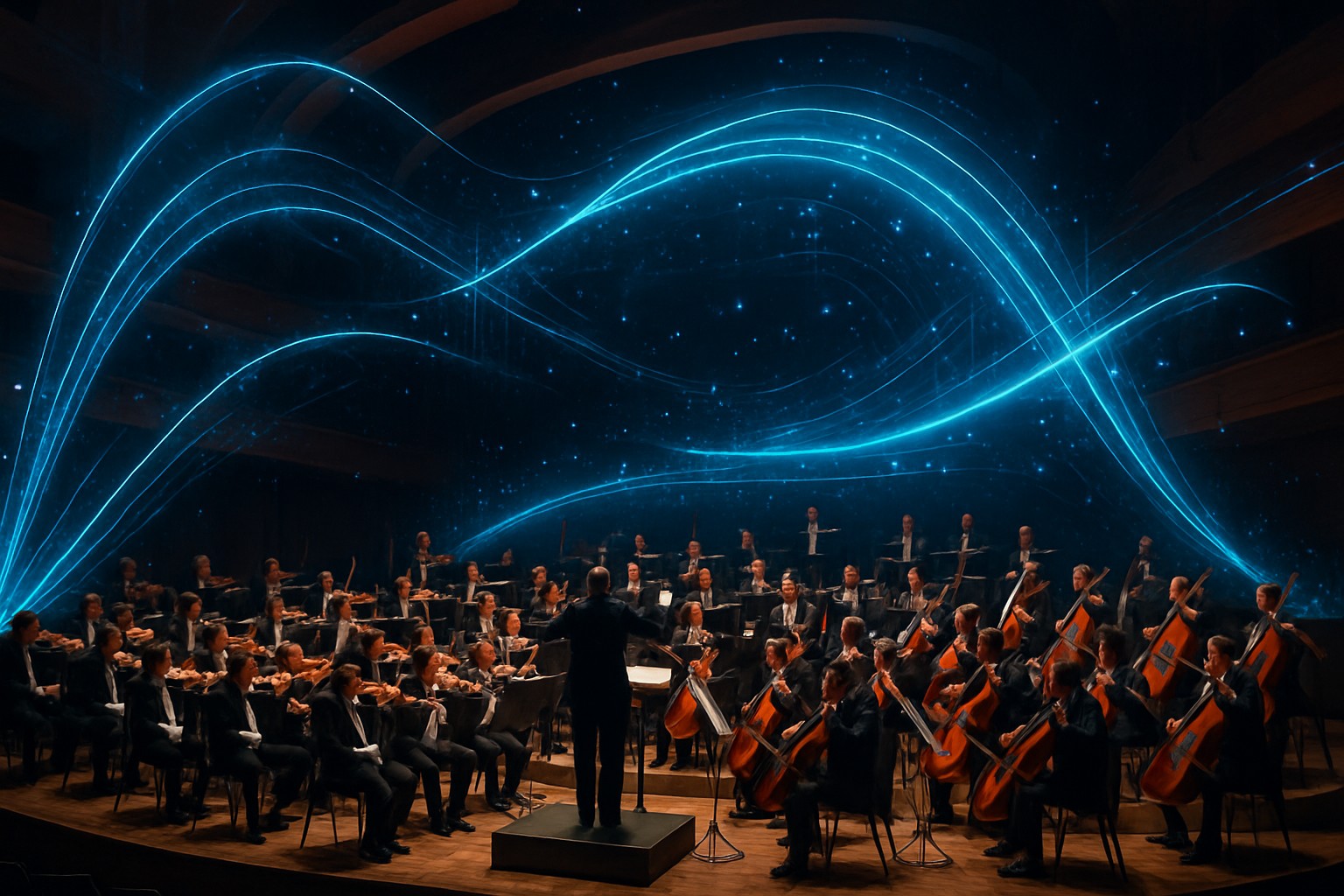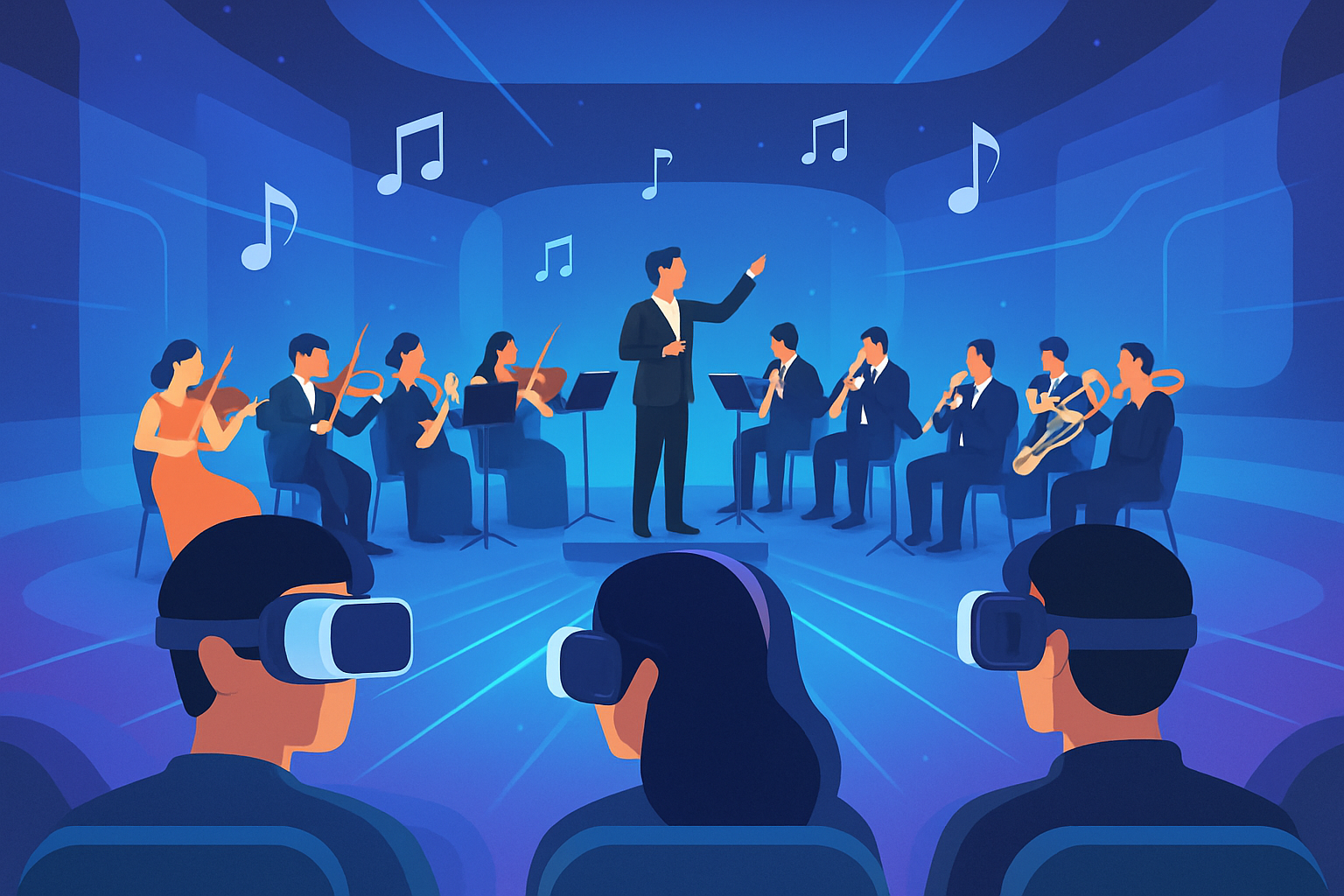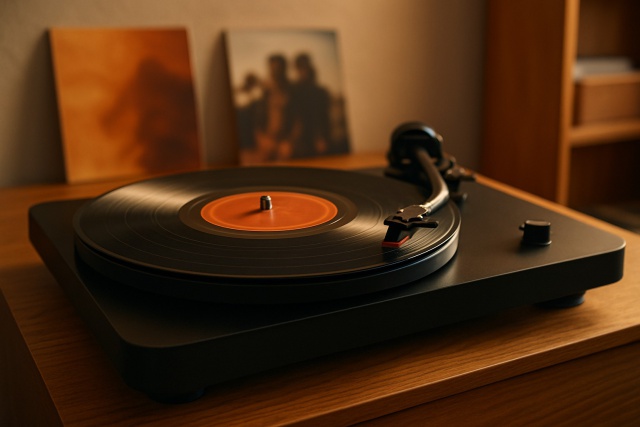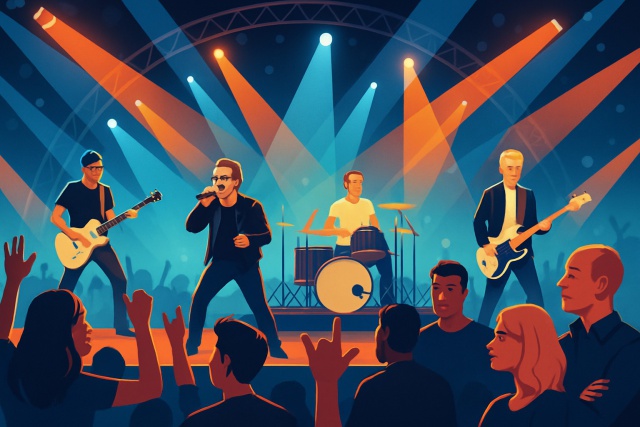Classical Music Is Dead!

People often throw around the phrase "Classical music is dead!" when chatting about today's music scene. But the real reasons behind that claim are more complex.
Classical music has held an important place in Western culture for centuries. It ranges from sweeping symphonies that fill a grand hall to quiet intimate chamber pieces that make you lean in closer. Lately its role in mainstream music and popular culture has taken quite a turn—no longer the unquestioned giant it once was.
What Makes Classical Music So Uniquely Captivating?
Classical music generally refers to the Western art music tradition that stretches from around the 17th century to the present day. It kicked off during the Baroque era and then blossomed through the Classical and Romantic periods. Remarkably, it’s still very much alive today with fresh contemporary works adding their own flavor.
- Baroque Period (1600–1750): Famous for its fancy melodies and intricate counterpoint that can really make your head spin in a good way. Think of legendary figures like Johann Sebastian Bach and George Frideric Handel who practically mastered the art of musical storytelling.
- Classical Period (1750–1820): This era aimed for clarity and balance, almost like the musical equivalent of a perfectly brewed cup of coffee. Composers such as Mozart, Haydn and the early Beethoven come to mind, each bringing their own sparkle to the scene.
- Romantic Period (1820–1910): The music dives deep into emotional waters, often swelling with huge orchestras that pull at your heartstrings. The works of Chopin, Wagner and Tchaikovsky are prime examples that still give goosebumps today.
- Modern Classical (20th century–present): This period is a bit of a wild card embracing everything from Stravinsky’s rhythmic twists to Schoenberg’s bold experiments. Plus contemporary artists keep pushing the envelope exploring fresh sounds and unexpected techniques.
- Instruments and Forms: Typically you’ll find orchestras, chamber groups, pianists and vocalists weaving together in symphonies, sonatas, concertos and operas. These forms cleverly develop themes through tonal structures and rhythms that keep listeners hooked—it's like a well-planned conversation that never gets boring.
The Origins of the Claim That Classical Music Is 'Dead' (Or at Least on Life Support)
The notion that classical music is dead mostly springs from cultural and technological shifts that have completely changed the way individuals listen to and appreciate music these days. With new genres stealing the spotlight on the charts and digital platforms shaping our listening habits like never before, classical tunes often end up playing a quieter role in mainstream media.
- Mainstream radio and media have really dialed down the airtime for classical music making those beautiful melodies a rare treat these days.
- Popular culture tends to shove classical music to the sidelines and shines the spotlight on the latest pop, hip-hop and electronic beats that dominate the charts.
- Younger listeners often gravitate toward genres they find easier to connect with or that speak to current social vibes.
- Streaming services and personalized playlists usually put singles and shorter tracks front and center. This leaves those long sweeping classical compositions to linger in the background.
- Classical music sometimes gets tagged as elitist or old-fashioned which can unintentionally put up barriers for anyone hoping to dive in and enjoy the magic.
Classical music often comes across as a charming relic from a bygone era, somewhat out of step with today’s fast-paced, genre-blending digital playground. – Cultural critic, Emma Sullivan
A Journey Worth Taking
Classical music might seem stuck in time to some but it has kept evolving by soaking up new influences and embracing fresh technologies. Rather than fading quietly into the background, the genre has adjusted itself. It mixes in modern themes, collaborates with other styles, and finds imaginative ways to connect with new audiences.
- Elements of classical music are now popping up all over the place—in film scores and video game soundtracks—bringing this timeless art to a far wider crowd than ever before.
- Many composers are mixing classical techniques with electronic beats and popular styles to craft hybrid genres that keep things fresh and exciting.
- Schools and media outlets have been stepping up their game by trying new ways to connect with younger audiences and broaden the variety of works they showcase.
- The audience makeup is shifting too with a more diverse and global fan base discovering classical tunes through online platforms—proof that good music knows no borders.
- Thanks to tech leaps, high-quality live streams, virtual concerts and digital archives are making classical music easier to get your ears around than ever before—no fancy concert hall required.
Getting to Know Today's Audience for Classical Music A Closer Look
Classical music today captivates a diverse bunch of listeners who find their own unique ways to connect with it. Some soak in the atmosphere at live concerts, while others tune in through digital platforms during their day. People often turn to classical tunes for various reasons—maybe to learn something new, to unwind after a hectic day or to explore different musical territories.
| Audience Segment | Age Group | Engagement Type | Motivations | Typical Platforms | Demographic Trends |
|---|---|---|---|---|---|
| Traditional Concertgoers | 45+ | Attending live orchestral shows | A deep passion for artistry that never fades | Concert halls, radio | Loyal but aging crowd, often with a background in classical training — the true aficionados |
| Casual Listeners | 25-44 | Streaming and casual listening | Looking to unwind and set the mood, perfect for background vibes | Spotify, Apple Music | Growing interest thanks to expertly curated playlists that hit just the right note |
| Students and Educators | 15-30 | Classroom study and practice | Concentrating on education and skill-building — the future maestros in the making | University programs, online classroom platforms | Becoming more diverse and internationally connected every day |
| Cross-Genre Enthusiasts | 20-40 | Exploring hybrid music styles | Fueled by a curiosity that won’t quit, blending genres like a musical smoothie | YouTube, Bandcamp | Typically younger, tech-savvy, and delightfully genre-fluid — never one to be boxed in |
| Online Community Fans | All ages | Virtual concerts and forums | Craving social buzz and fresh discoveries in a digital crowd | Twitch, social media, podcasts | Breaking through traditional audience barriers, with no signs of slowing down |
Common Misunderstandings Behind the Idea That 'Classical Music is Dead'—and Why It’s Really Not
There are quite a few myths floating around that make people peg classical music as old-fashioned or out of touch. These misconceptions often overlook how surprisingly accessible classical tunes really are and the steady stream of innovation bubbling up within the genre. Plus its cultural weight is no small matter and the educational perks it brings are pretty impressive too.
- Classical music isn’t just an exclusive club for the elite anymore. Thanks to community orchestras and educational programs it’s reaching people from all walks of life around the world.
- Today’s composers aren’t resting on their laurels. They boldly push boundaries with fresh works that explore themes relevant to the world today.
- This genre plays a key role in music education by encouraging discipline and sparking creativity. It also strengthens the important skill of really listening closely.
- Classical music carries deep cultural significance by capturing key historical moments and a wide range of human experiences in ways that often move you.
- Streaming services and digital archives have made classical music more accessible than ever. They offer a huge variety of pieces right at our fingertips instantly.
How Technology Is Quietly Shaping the Future of Classical Music
Technology has truly shaken up the world of classical music by tearing down old barriers and making it accessible to audiences worldwide. Thanks to streaming platforms a massive treasure trove of recordings is just a tap away no matter where you are. Virtual concerts have become a game-changer and let individuals enjoy the thrill of live performances without leaving their living rooms. Meanwhile, digital archives quietly do their magic—preserving rare classics and making research much easier.
Innovative projects creatively blend classical music with virtual reality, AI-assisted composition and interactive multimedia performances. They push artistic boundaries and charm new audiences along the way.

Is Classical Music Truly Dead? A Thoughtful Look That Might Surprise You
Classical music might not be hogging the spotlight in popular culture these days but it isn’t fading away anytime soon. It’s continuously evolving, carving out its niche in our fast-paced cultural and tech-driven world.
"Classical music is far from gathering dust on a shelf; it’s very much alive and kicking, constantly evolving to keep pace with our ever-changing world and find fresh ears to charm. Honestly, it feels more vibrant now than it ever did." – Dr. Luis Martinez, Musicologist
Useful Links
- Gramophone Magazine - Your go-to spot for all things classical music, from the latest updates to thoughtful reviews
- BBC Radio 3 - Diving deep into classical music and the arts with a flair that keeps things lively and engaging
- The Metropolitan Opera - The official hub for everything Met Opera, where tradition meets world-class performance
- New York Philharmonic - The official site of one of the world’s most iconic orchestras, bringing music to life in the Big Apple and beyond





